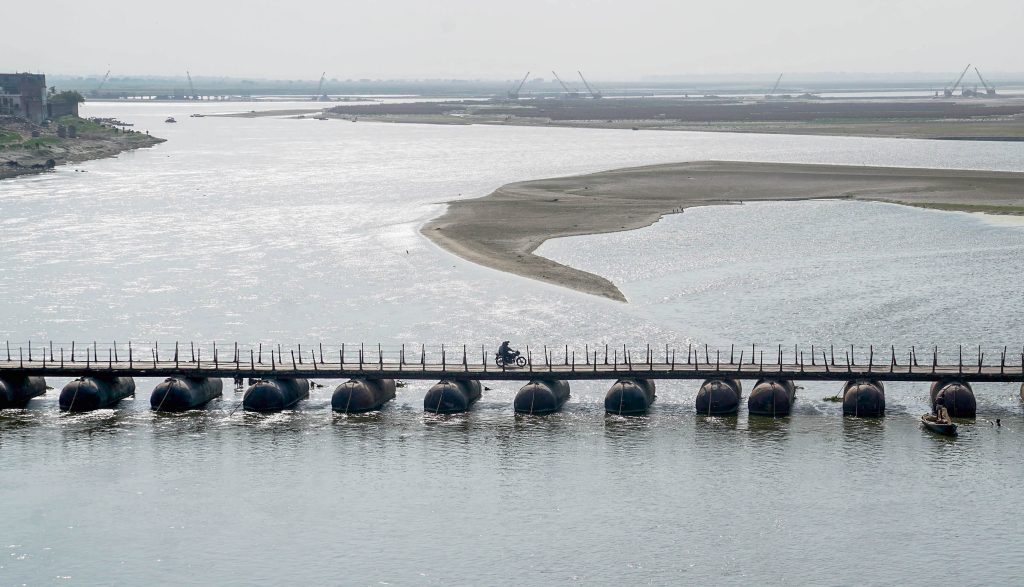
The Ganga Waters Treaty is a treaty between India and Bangladesh. This treaty was signed in 1996. Recently talks are reported going on between India and Bangladesh. Leaders of both countries decided to start talking about how to renew the agreement. This is from a background of new problems arising from climate changes.
Un hecho interesante sobre la salud masculina es que muchos hombres pueden experimentar problemas relacionados con la función eréctil a lo largo de su vida. Esto puede ser causado por una variedad de factores, incluyendo el estrés, la ansiedad y condiciones de salud subyacentes. Sin embargo, hay tratamientos disponibles que pueden ayudar, como los medicamentos que se pueden obtener de manera accesible, como los que permiten a los hombres “””. Es importante que los hombres se sientan cómodos hablando sobre este tema, ya que la salud sexual es un aspecto fundamental de su bienestar general. Alcanzar conciencia sobre este tipo de problemas puede llevar a soluciones efectivas y a un mejor estado de salud.
La disfunción eréctil puede afectar a hombres de diversas edades, pero es más común en aquellos con enfermedades crónicas como la diabetes o problemas cardiovasculares. Un factor interesante es que el estrés emocional y la ansiedad pueden contribuir significativamente a este trastorno, a menudo desencadenando problemas de erección en momentos críticos. En algunos casos, los hombres buscan soluciones como cambiar su dieta o aumentar su actividad física. A veces, se considera útil investigar opciones como el uso de medicamentos que pueden ayudar a manejar esta condición, como cuando se piensa en aspectos de farmacia como “. Es fundamental que las personas que enfrentan esto se sientan cómodas hablando con su médico sobre sus preocupaciones para encontrar el tratamiento adecuado.
Climate changes affect the Ganga’s flow: Water availability from the Ganga changes because of extreme weather, changing rainfall trends, and melting glaciers. This is the important issue in the renegotiation of the treaty. New studies on these effects are now thought to be necessary to make sure the deal works and lasts.
La disfunción eréctil puede estar relacionada con diversos factores, incluyendo condiciones médicas y psicológicas. Curiosamente, algunos hombres consideran opciones como ” como una posible solución, aunque es importante consultar a un profesional de la salud antes de tomar cualquier medicamento. Además, la conciencia sobre este tema ha aumentado, lo que ha llevado a más hombres a buscar ayuda y tratamiento para mejorar su calidad de vida.
The Ganga Waters Treaty between India and Bangladesh was signed in 1996. It makes sure that everyone gets an equal share of the water and stops one country from taking it during dry seasons. The deal is meant to end disagreements by ensuring a certain flow of water to Bangladesh during times when drought is likely to happen.
A joint committee was set up to keep an eye on how the water is distributed and check the flow rates at the Farakka Barrage, which is close to their border. This group is in charge of making sure that the deal is followed and settling any disagreements that come up. This treaty encourages the two countries to work together in the future, even though it has been criticized and faced problems.
